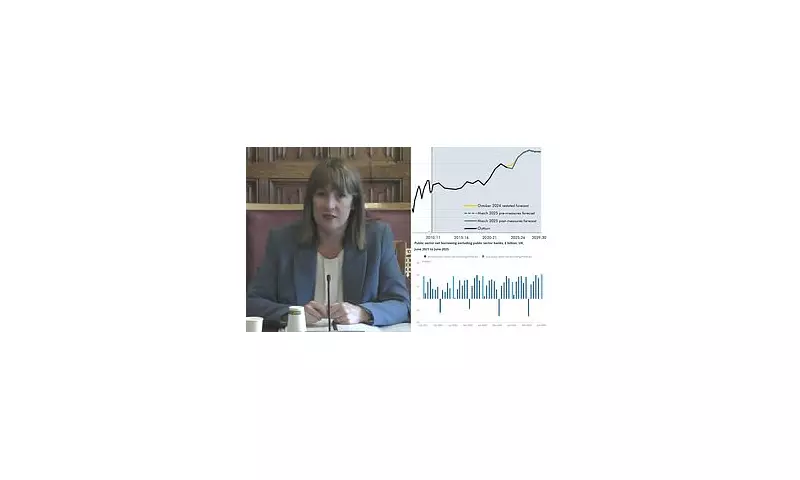
Chancellor Rachel Reeves has issued a stark warning about the growing tax burden on British households as government borrowing soared to a record high in June. The latest figures reveal the ongoing financial strain from the Covid-19 pandemic, with public sector net borrowing hitting £22.8 billion—the highest for June since records began.
Record Borrowing Amid Economic Recovery
The Office for National Statistics (ONS) reported that government debt now stands at 99.8% of GDP, a level not seen since the early 1960s. This surge in borrowing reflects continued high spending on public services and pandemic-related support schemes, even as tax revenues struggle to keep pace.
Reeves' Concerns Over Tax Rises
Rachel Reeves emphasised the need for fiscal responsibility, stating, "Hardworking families cannot bear the brunt of this debt indefinitely." She hinted at potential future tax reforms to stabilise public finances but ruled out immediate hikes, focusing instead on economic growth strategies.
Key Factors Behind the Debt Spike
- Extended furlough and business support schemes
- Increased NHS and social care spending
- Slower-than-expected recovery in tax receipts
- Rising inflation pushing up interest payments
What This Means for Households
Economists warn that without significant economic growth, taxpayers may face higher bills in coming years. The Institute for Fiscal Studies suggests the Chancellor has limited room for manoeuvre, with difficult decisions ahead on spending and taxation.
As the UK navigates this precarious fiscal position, all eyes remain on the Treasury's next moves to balance the books while supporting economic recovery.





